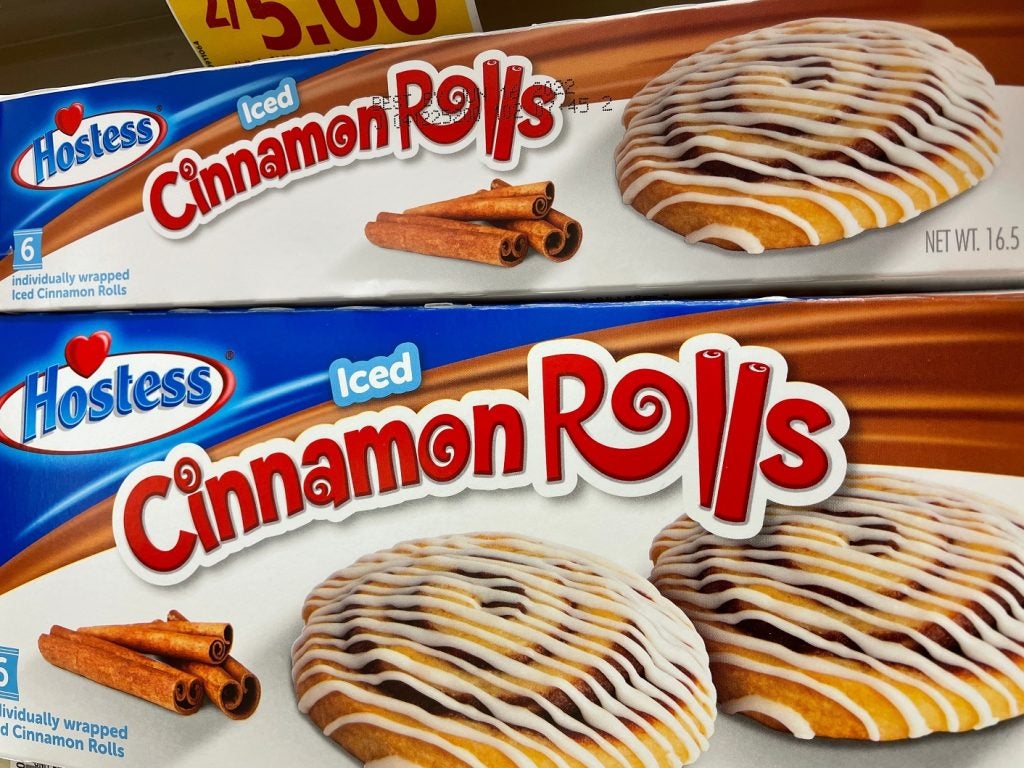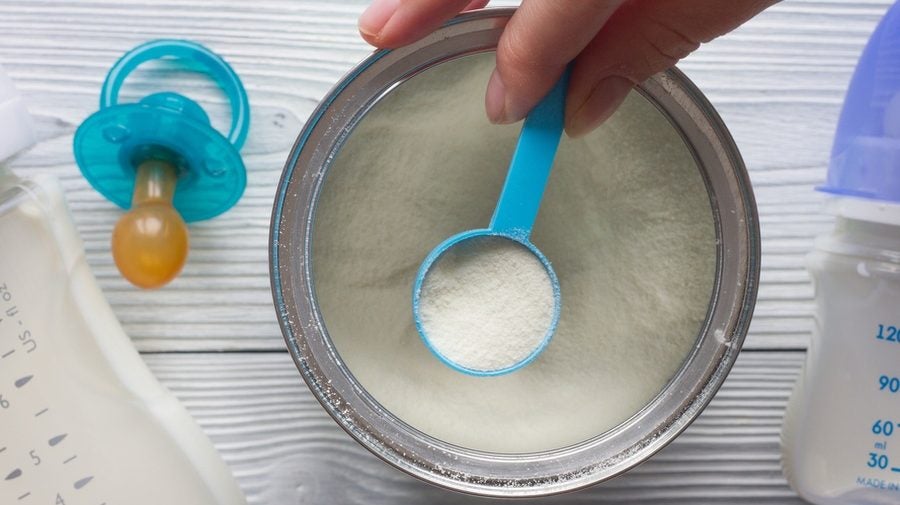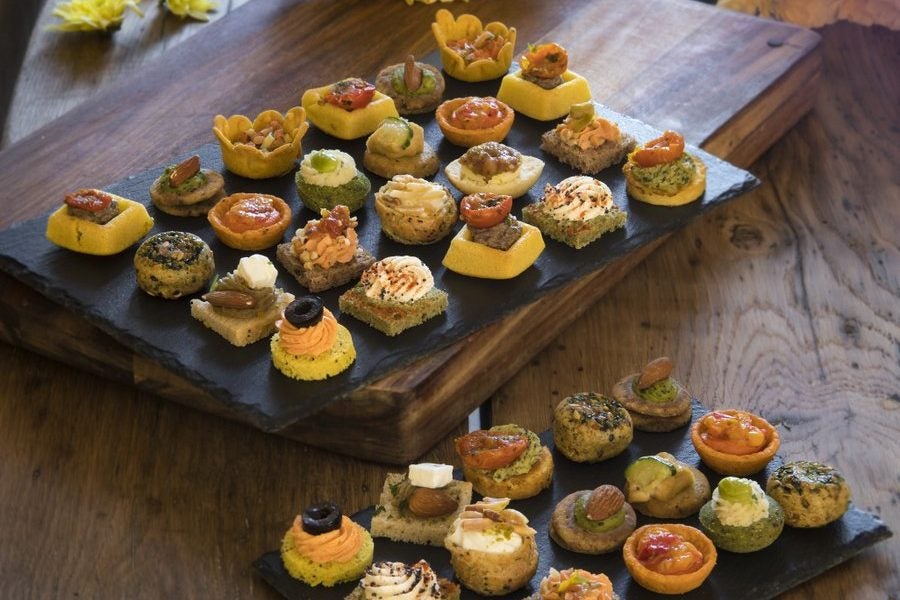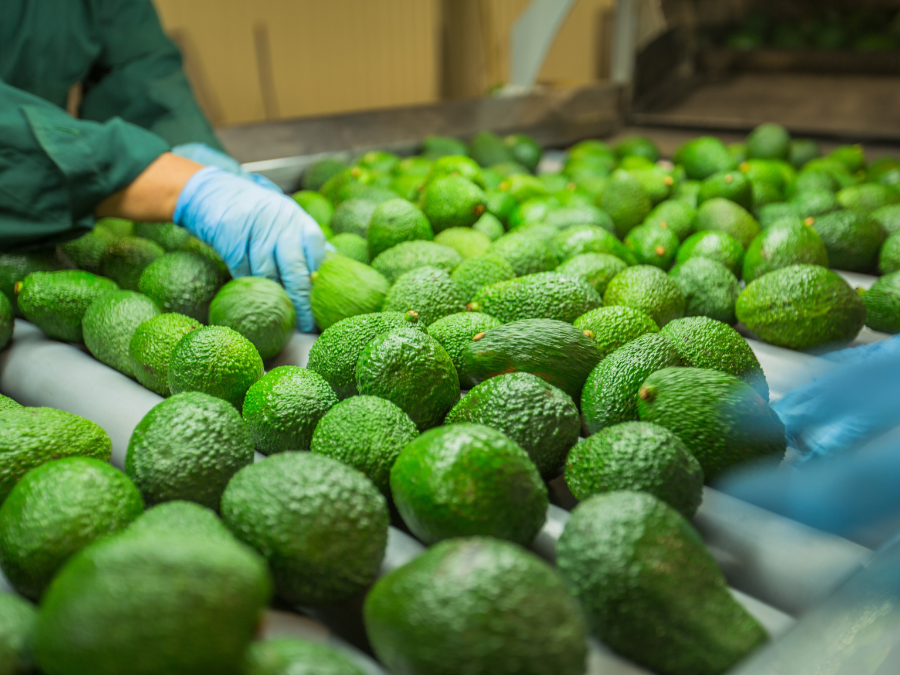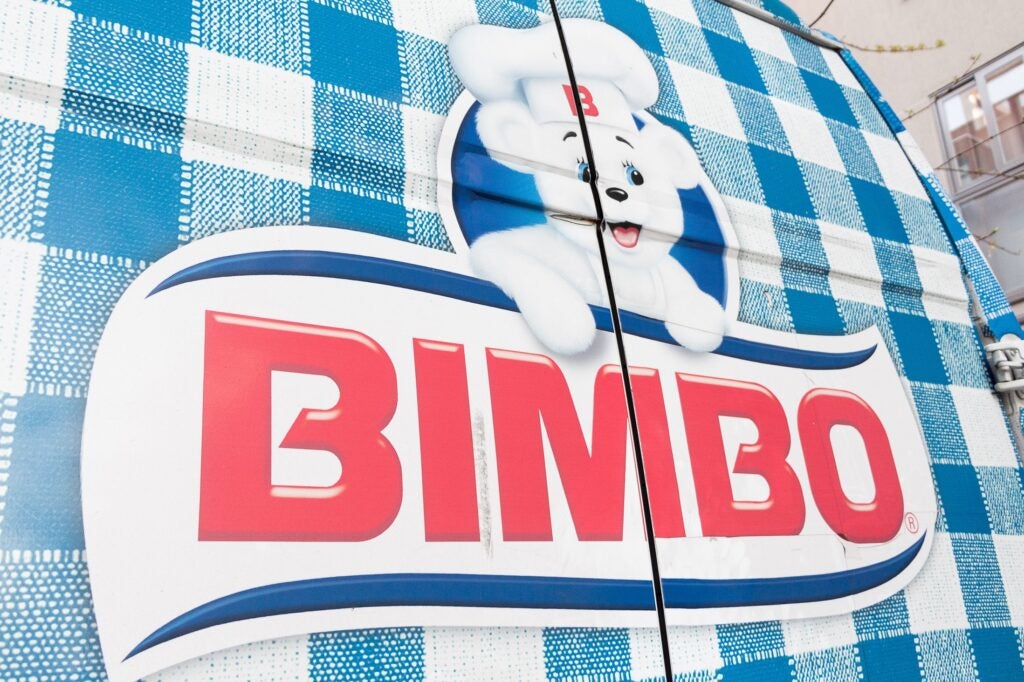J.M. Smucker’s chief has batted back concerns over the prospects for indulgent snacks after the US food manufacturer inked a deal for sweet baked goods maker Hostess Brands.
Chairman, president and CEO Mark Smucker described Hostess as the “fastest-growing, pure-play snacking company that manufactures and markets sweet baked goods and cookies in North America”.
However, in a follow-up presentation with analysts yesterday (11 September) he was questioned – in the context of a US anti-obesity drive – on the appetite for what some describe as indulgent snacks, such as Hostess Brands’ Kazbars cakes and Cloverhill honey buns.
“There are multiple ways that consumers will continue to snack. We studied this and continue to have great confidence in our ability to bring our capabilities to bear and leverage the great capabilities that Hostess has built,” Mr Smucker countered.
“And given that consumers are going to continue to seek all different types of snacks, and sweet snacks are going to continue to be on the radar, we view that our projections here are sound.”
The $5.6bn deal will also double debt leverage to 4.4 times, with CFO Tucker Marshall pointing to a three-year timeframe to bring it down to similar levels again.
Smucker will assume $900m of Hostess’s debt, which will be refinanced, Marshall said, adding the acquired business will be “immediately accretive” to its own operating margins post-completion in the third quarter of fiscal 2024.
Hostess is expected to continue its mid-single-digit growth, which compares to Smucker’s anticipated low-single-digit pace in the year ending December, but net debt will rise to about $8.6bn, or an adjusted EBITDA ratio of 4.4 times.
“We plan to prioritise deleveraging in the near term, and we intend to maintain our investment grade debt rating metrics,” Marshall explained. “Based on the anticipated capital structure close, we anticipate reducing our leverage to our strategic goal of 2.5 to three times over the next three fiscal years.
Of the total projected synergies of approximately $100 million, half are anticipated to be realised in the fiscal year 2025 with the full annualised amount to be recognised in fiscal year 2026.”
Hostess has achieved compound annual net sales growth of 14% over the past three years, which is more than double the rate of its peers, the CEO said. “We anticipate the business will continue to grow at a mid-single-digit rate as snacking trends remain strong.”
Mr Smucker emphasised during yesterday’s Q&A session how the Hostess transaction – representing 17.2 times pro forma adjusted EBITDA of around $325m – “amplifies our existing focus on convenient food occasions”.
He added: “Hostess is a leader in the sweet baked goods category and indulgent snacks have experienced 20% faster growth compared to products marketed as healthy alternatives over the past three years. Seventy percent of consumers are eating at least two snacks per day and consumers choose sweet snacks as a reward, opting for portion control and the convenience of handheld products.
“The acquisition will also accelerate our growth in convenient food occasions and it will add significant exposure to our business in the perimeter of retail stores, and the highly complementary and strategic convenience channel as 40% of Hostess’s sales are in the C-store channel.”


